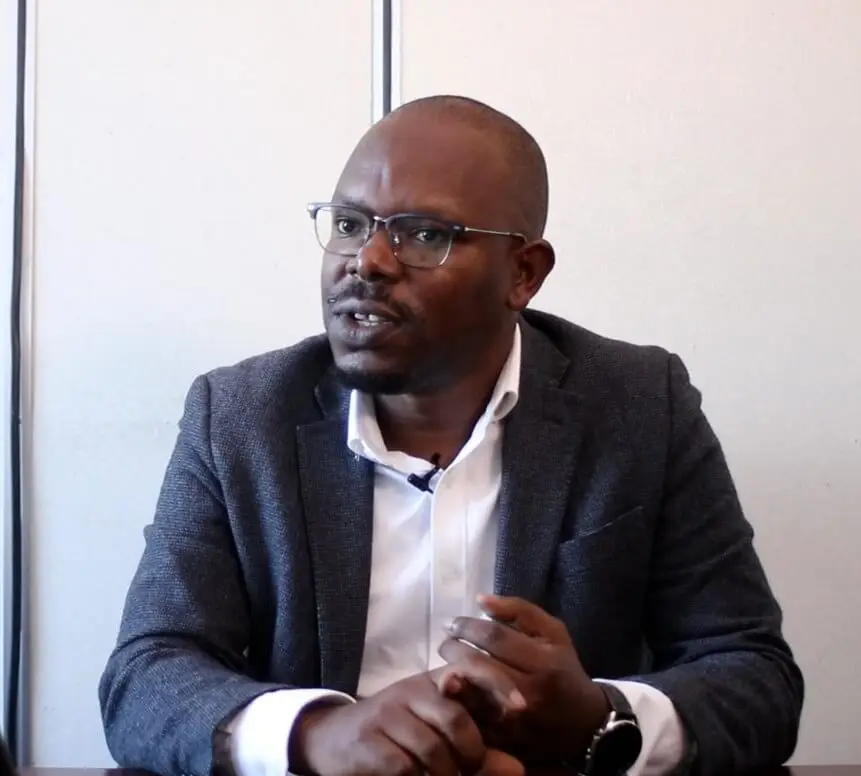An atmosphere of calm welcomes you as you enter the lobby of the Rwanda Utilities Regulatory Authority (RURA). This wasn’t always the case, according to Francois Gatete, the Director for Information Systems at RURA. Before 2019, RURA, which regulates all public utilities in Rwanda, struggled with the mundane, time-consuming manual processes of issuing out licenses, resulting in a crowded and chaotic lobby.
To understand how complicated the scenario was, imagine this: a vendor would initiate a license request, but the finance department, trapped in an information void, couldn’t know, or track the progress of the application. This opaqueness made the process frustrating and inefficient, and many traders would visit RURA offices daily to follow up on the all-important piece of paper. David Butera, Programme Manager, TradeMark Africa (TMA), pointed out that a scoping exercise that sought to identify and resolve trade barriers in Rwanda highlighted RURA as one of the agencies that was still using manual processes; with traders saying this was a big problem that made trading difficult and costly.
“We used to have silos in the application chain as there was no way for a team, say, finance to gain visibility on the status of the license application in the pipeline,” Gatete recalls of the disjointed processes. Trying to manually serve over 20,000 businesses led to many deadlocks both for RURA and the businesses. Innocent Twahirwa, who runs Jali Transport, remembers submitting thousands of paper forms and making numerous follow-up visits to RURA offices to get licenses for over 100 buses
This changed when TradeMark Africa, with funding from UKaid, worked with RURA to automate the licensing system, making the process smoother and efficient by creating the Convergence Licensing Management System (CLMS). Built in 2020 during the COVID-19 pandemic, the system has improved how RURA regulates businesses; and eased the license application and approval processes for enterprises. Gatete, who oversaw the project, said more people are now applying for licenses, and they are being processed much faster. The system allows traders to apply for licenses online, pay through mobile or bank transfers, and obtain their licenses electronically without leaving the comfort of their homes. A 2022 RURA Evaluation indicates that the average time for acquiring a certificate, licence or permit from RURA decreased to two hours after automation from 16 hours before the automation.
“The system has made licensing much more efficient,” noted Twahirwa. “Now can now, for instance, apply for licenses for 105 buses and receive them in just two days. We can also track how our requests progress online, without visiting RURA offices,” Twahirwa noted. The system offers a helpline and chat feature, allowing real time interaction between businesses and RURA’s customer service.
For businesses like Jali Transport, these improvements have been a game-changer. “Our greatest benefit is time saved, which is akin to money for our business,” Twahirwa added. “We can now focus on other important work instead of spending time filing applications at RURA, which is a substantial gain for us.”
As the project concluded, Gatete expressed confidence that RURA would keep improving the system and connect it with other agencies to avail important data to the government. This story of RURA’s move to digital licensing shows how automation can simplify trade, improve business competitiveness, and foster economic growth.


